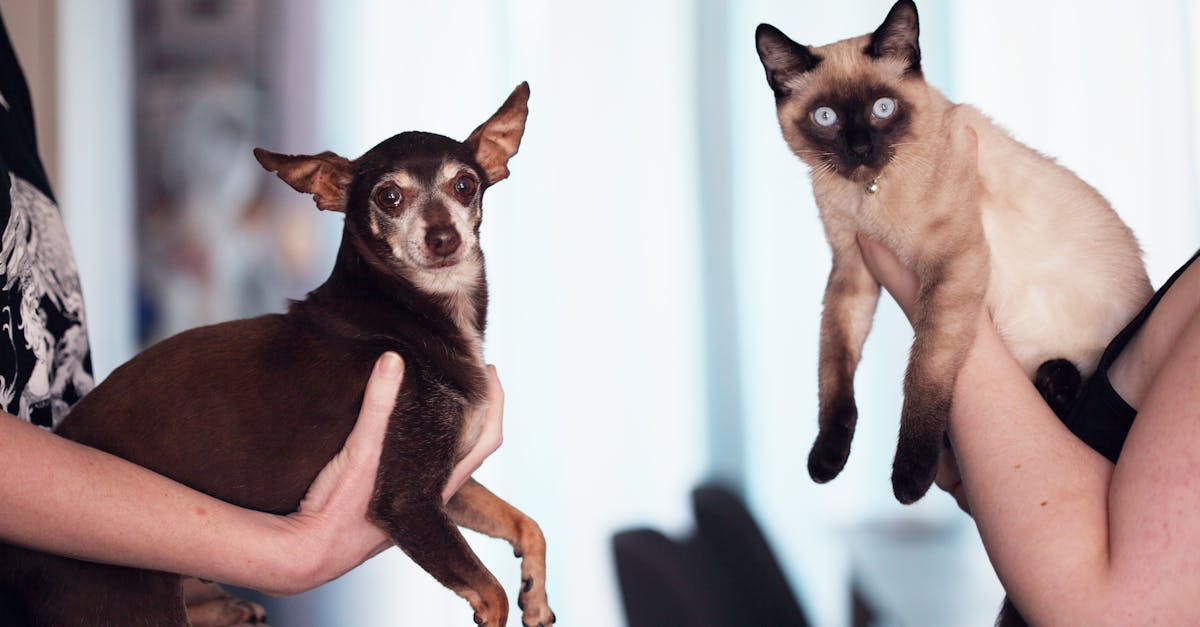Dogs have a way of melting our hearts with those pleading eyes, especially when they see us enjoying a snack. If you’ve ever grabbed a box of Sonic Tater Tots and felt tempted to share, you’re not alone. But are these fried potato bites safe for your furry friend? Let’s break down the risks, ingredients, and healthier alternatives to help you make the best decision for your pup’s health.
🍟 What Are Sonic Tater Tots Made Of?
Sonic Tater Tots are a popular fast-food item made primarily from shredded potatoes, deep-fried in oil, and seasoned with salt. While that might sound harmless, there are some hidden ingredients and cooking methods that make them less than ideal for dogs.
Here’s a quick breakdown of what’s typically in tater tots:
- Potatoes (high in carbohydrates)
- Vegetable oil (used for frying)
- Salt (can be harmful in large quantities)
- Preservatives (used to maintain shelf life)
While potatoes themselves aren’t toxic to dogs, the added oils, salt, and frying process can pose a range of health risks. Let’s explore why these issues matter.
🛑 Risks of Feeding Dogs Fried Snacks
Fried foods like tater tots are far from dog-friendly. Here’s why:
- High fat content: Deep frying adds a significant amount of unhealthy fats, which can lead to obesity and pancreatitis in dogs.
- Excess salt: Sodium in tater tots can cause dehydration, increased thirst, and even sodium poisoning if consumed in large amounts.
- Digestive upset: Dogs aren’t equipped to process greasy, fried foods, which can result in vomiting, diarrhea, or an upset stomach.
- Potential toxins: Some fried snacks contain garlic or onion powder, both of which are toxic to dogs in any form.
Even if your dog seems fine after eating a tater tot, the long-term effects of high-fat and high-sodium foods can contribute to chronic health problems. So, it’s best to avoid sharing fried snacks altogether.
🤢 Symptoms to Watch for If Your Dog Eats Tater Tots
If your dog sneaks a tater tot or two, they might show symptoms of mild to severe distress depending on their size, health, and how much they ate. Common symptoms include:
- Vomiting
- Diarrhea
- Lethargy
- Excessive thirst or urination
- Loss of appetite
In severe cases, where large amounts of fried or salty foods are consumed, symptoms of sodium poisoning or pancreatitis may appear:
- Seizures
- Muscle tremors
- Abdominal pain
- Difficulty breathing
If you notice any of these symptoms, contact your veterinarian immediately. Early intervention can make a big difference in your dog’s recovery.
🥔 Are There Any Safe Potato Options for Dogs?
Potatoes can actually be a healthy treat for dogs when prepared correctly. If you want to share potatoes with your pup, follow these simple guidelines:
- Stick to plain, cooked potatoes (boiled or baked without oil, butter, or seasoning).
- Sweet potatoes are an excellent alternative, as they’re rich in vitamins and easy to digest.
- Offer small portions as an occasional treat, not a meal replacement.
By preparing potatoes at home, you can control the ingredients and ensure your dog gets a safe, nutritious snack without the risks associated with fried foods.
🍴 Healthier Snack Alternatives for Dogs
Instead of fried tater tots, try these dog-friendly snacks that are both tasty and nutritious:
- Carrot sticks
- Apple slices (without seeds)
- Green beans
- Plain popcorn (unsalted and unbuttered)
- Small pieces of cooked chicken or turkey
These options are low in fat and sodium, making them much safer for your dog. Plus, they’re easy to prepare and perfect for rewarding your pup during training sessions.
🩺 What to Do If Your Dog Eats Tater Tots
If your dog manages to eat tater tots, don’t panic. Here’s what you should do:
- Determine how much they ate. A single tater tot is unlikely to cause serious harm, but larger quantities can be dangerous.
- Monitor for symptoms like vomiting, diarrhea, or lethargy.
- Provide plenty of fresh water to help flush out excess salt.
- Contact your veterinarian if your dog shows severe symptoms or if you’re unsure about their condition.
In most cases, a small amount of tater tots won’t require emergency care, but it’s always better to err on the side of caution and consult a professional.
FAQs
Can dogs eat frozen tater tots before they’re cooked?
No, raw or frozen tater tots often contain preservatives and seasonings that are harmful to dogs. Additionally, uncooked potatoes can be harder for dogs to digest.
Are homemade tater tots safer for dogs?
Homemade tater tots can be safer if they’re baked instead of fried and made without salt, oil, or spices. However, they should still only be given in moderation.
What happens if my dog eats a lot of tater tots?
Eating a large quantity of tater tots can cause serious issues like sodium poisoning or pancreatitis. Contact your veterinarian immediately if your dog eats a significant amount.
Can dogs eat French fries instead of tater tots?
French fries are also high in fat and salt, making them just as unsuitable for dogs as tater tots. Stick to plain, cooked potatoes instead.
Is it okay to give my dog fast food occasionally?
While an occasional bite of plain, unseasoned fast food might not harm your dog, it’s best to avoid it. Fast food is typically too high in fat, salt, and additives for dogs to handle safely.
Book a $49 online vet consultation at https://www.dialavet.com for fast, expert advice.








